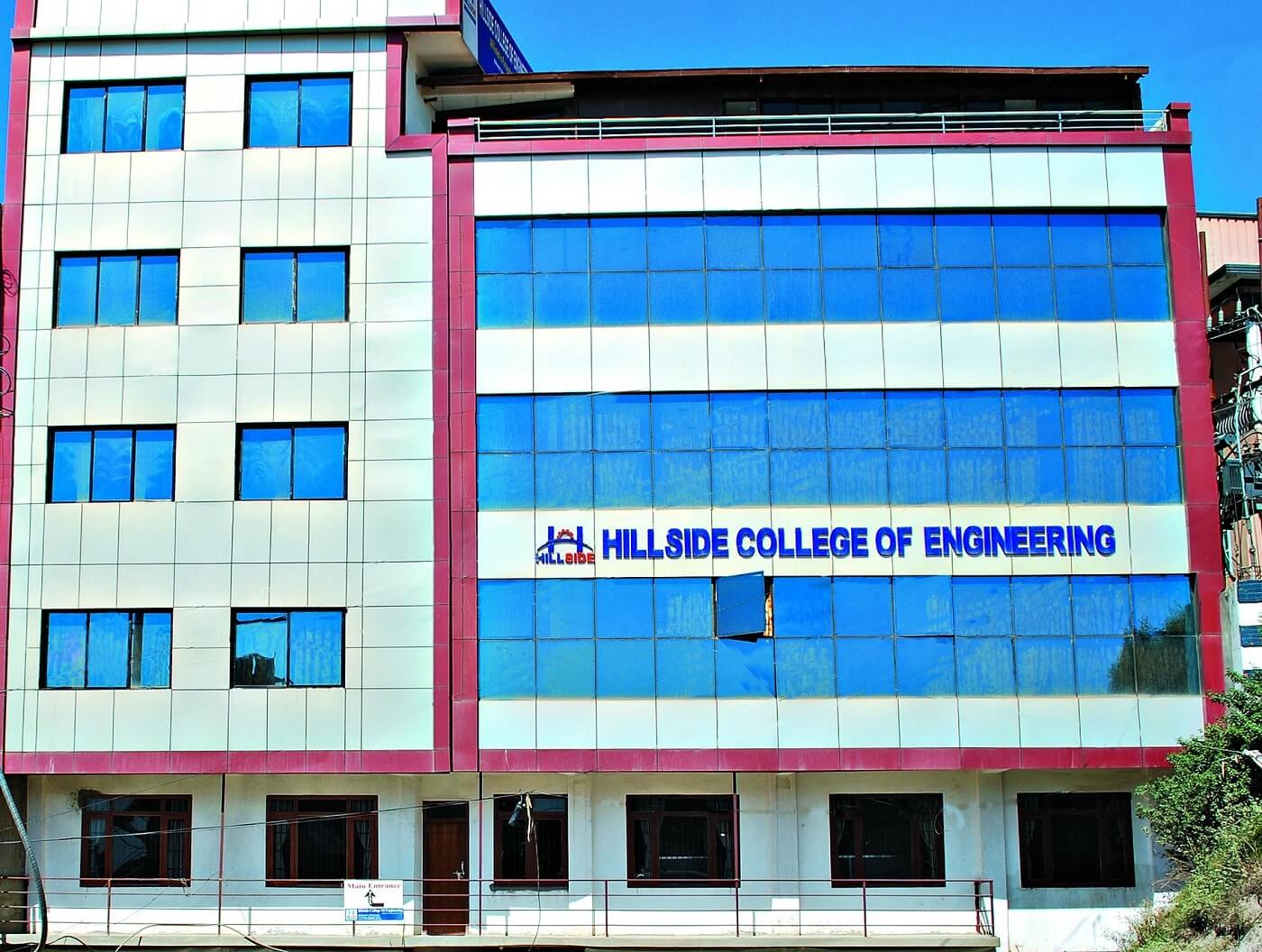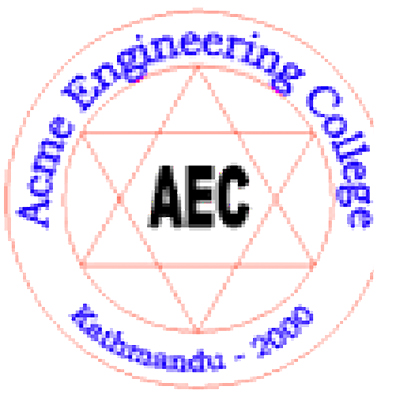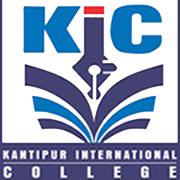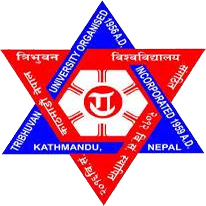Overview
Hillside College of Engineering (HCE), located in Balkumari, Koteshwor, Kathmandu, is a notable institution in engineering education in Nepal. It focuses on technical research alongside practical education. Established in 2012, the Purbanchal University-affiliated college offers Bachelor' s-level programs in Civil and Electrical Engineering (BE Civil & BE Electrical) and Masters Level (MSc Electrical and MSc Construction Management).
The college aims to develop skilled professionals to meet the country's growing needs. It offers technology-based engineering courses and cultivates a research environment for students and faculty.

Academic Programs
Hillside College of Engineering offers a focused curriculum to nurture expertise in various engineering courses. The primary objective of these programs is to produce capable engineering graduates ready for the profession's challenges. Here is a detailed look into the programs available:
Bachelor of Civil Engineering (BE Civil)
This four-year program, sanctioned by Purbanchal University, offers the knowledge and capabilities necessary for infrastructure planning, design, and construction. This course of study includes in-depth expertise in:
-
Structural engineering involves designing and analyzing building structures and systems to ensure stability and safety.
-
Water resource engineering centers on water management for human use and environmental sustainability, including sources, quality, and distribution.
-
Environmental engineering addresses the prevention and remediation of pollution and works to protect public health through environmental management.
-
Geotechnical engineering involves analyzing soil and rock to inform the planning of building foundations and related projects.
-
Transportation engineering focuses on efficiently designing transportation systems for people and goods.
The program provides students with a comprehensive understanding of fundamental engineering principles, allowing them to create solutions for global, economic, environmental, and social problems. Students learn to adapt their theoretical knowledge to real-world problems. For example, a project might involve designing a sustainable bridge that can withstand local weather conditions and heavy traffic while considering the impact on the surrounding area.
Bachelor of Electrical Engineering (BE Electrical)
This four-year program, also under Purbanchal University, offers students the fundamental theories and applied abilities needed in electrical engineering. The central areas of focus are:
-
Power electronics involves the application of solid-state electronics to control and convert electric power, a crucial area for efficient energy use.
-
Communication and signal processing: Students learn methods for transmitting and receiving information, including techniques for processing audio, video, and data.
-
Electromagnetic fields: Understanding how electric and magnetic interact is key for designing electronic devices.
-
Solid-state devices: Learning about the behavior of components, like transistors, used in electronics is essential for modern technologies.
-
Digital systems: Students study the design and analysis of systems that process digital data, essential for computing and automation.
-
Control systems manage the behavior of systems, such as automated machinery and complex industrial processes.
The curriculum includes practical lab sessions using industry-standard engineering design tools and hardware. In these sessions, students put their theoretical understanding into practice. For example, they might spend hours in the lab building circuits, working with programmable logic controllers (PLCs), or setting up communication systems to understand the real-world implications of what they've learned.
MSc Construction Management
This two-year program focuses on construction project planning, design, and building complexities. It covers the essential skills needed to manage the time and resources of construction projects. Key areas include:
-
Project planning and scheduling: Students learn how to plan projects effectively. They use project management software to schedule tasks and allocate resources, ensuring timely project completion.
-
Cost estimation and control: This area covers accurately estimating project costs and managing project expenses to avoid budget overruns.
-
Construction law and contracts: Students learn about the legal aspects of construction, including contract management and compliance with relevant regulations.
-
Project delivery methods: This part covers different project delivery methods, such as design-bid-build and public-private partnerships.
-
Risk management: Learning how to identify, assess, and mitigate risks involved in construction projects is essential.
The program mixes theoretical knowledge with hands-on experience, readying graduates for the intricacies of construction management. To grasp these complexities, students might work on case studies of real-life construction projects. The coursework integrates quantitative and qualitative methods, further helping students understand how construction projects work.
MSc Electrical Power Engineering
This two-year graduate-level program dives into the field of electricity transmission. It focuses on designing, operating, and controlling power components and systems. Key focus areas of this course are:
-
Power system analysis: Understanding how power systems function, including the flow of electricity and system stability.
-
Power electronics: Power electronics are applied to convert and control electrical energy efficiently.
-
Power system protection: Learning to protect electrical power systems from faults and disturbances.
-
High voltage engineering: Studying the methods of managing high-voltage equipment and systems.
-
Renewable energy integration: Examining how to integrate renewable energy sources into the electrical grid.
Students also learn about software modeling and using simulation software to conduct scientific research. They also learn to research effectively and present their findings in a paper.
Admissions Process
Hillside College of Engineering has a transparent admission procedure for prospective students. This procedure ensures that the students selected are prepared for the course's demands.
Eligibility for Admission
To apply for admission, prospective students must meet the following requirements:
-
Completion of an entrance examination conducted by Purbanchal University is required. The exam evaluates the candidate's foundational knowledge and aptitude for engineering.
-
Candidates should have completed their I.Sc. (Intermediate in Science) or +2 (Science), or hold a three-year Diploma in Engineering with a minimum grade of C in all subjects. This assures students have a suitable foundation for the engineering curriculum.
-
Candidates must participate in an interview session with Hillside College of Engineering. This interview helps the college evaluate the students' communication skills, motivation, and general suitability for engineering.
Essential Documents
Applicants need to provide the following documents for admission:
-
The original and copy of the SEE (Secondary Education Examination) mark sheet and character certificate are required to prove educational qualifications.
-
An original copy of the Intermediate Level transcript, provisional, migration, and character certificates. These papers are essential to prove completion of the prior educational stages.
-
The citizenship certificate confirms the applicant's nationality.
-
Two recent passport-sized photographs for records and identification.
College Life
Hillside College of Engineering presents a setting that encourages academic success and the personal development of each student. The college is located conveniently, making it easily accessible for students from various parts of Kathmandu.
Faculty and Teaching Approach
The HSE College takes pride in its team of highly qualified faculty members who have experience and are dedicated to providing top-notch education. The teaching methods are student-focused and include:
-
Project works: Students engage in practical projects that train them to apply their theoretical knowledge to real-world scenarios. These projects enhance problem-solving and practical skills.
-
Field visits: These trips allow students to see the practical applications of engineering principles. They visit construction sites, power plants, and other relevant locations to gain hands-on experience.
-
Laboratory work: Hands-on work in labs allows students to gain vital practical skills by using instruments and doing experiments.
-
Case study analysis: Students evaluate real-life situations and learn to apply their knowledge to fix complex issues. This builds critical thinking and analysis abilities.
-
Group discussions: Engaging in group discussions helps students learn from other perspectives and develop strong communication skills.
-
Seminars: These discussions cover in-depth topics and present possibilities for interacting with researchers and industry professionals.
-
Individual projects: Each student works on a separate project, which helps develop autonomy and specialized knowledge in a particular topic.
-
Presentations: Students hone their communication and presentation abilities by sharing their work with classmates and teachers.
-
Interactive learning: This methodology promotes dynamic engagement between teachers and students, fostering a more collaborative approach to education.
Teaching assistants, along with professors, provide more guidance to students. The college also holds regular programs for interactive learning with experts from diverse fields, which gives students valuable insights and networking opportunities.
Campus and College Amenities
The college provides modern facilities to support students in their education. These include:
-
Well-equipped laboratories: These labs have the latest tools and equipment, allowing students to conduct their experiments and research effectively.
-
Modern teaching technology: The college uses the latest technology, including interactive whiteboards and projectors, to create a more engaging and efficient learning experience.
-
A Research and Development Academy: The college has established a unique center for research activities, promoting innovation and new explorations within the engineering field. This academy supports both faculty-led and student-initiated research projects.
-
A world-class online and offline library: Physical and digital resources support access to various materials for research and study.
Student Life and Extracurriculars
The college has created an environment where students participate in many activities beyond their academics. This helps them develop their personal development, social skills, and leadership ability.
These include:
-
Clubs and Organizations: Students are encouraged to start and take part in clubs based on their interests, such as robotics, coding, and cultural groups.
-
Sports: The college encourages students to participate in various sports activities. This helps them develop teamwork and physical well-being.
-
Cultural events: Throughout the year, the college hosts cultural events that give students to showcase their talents and share their culture with the college.
-
Workshops and seminars: Special workshops and seminars help students gain knowledge outside their regular courses, allowing them to stay up-to-date with industry trends.
Scholarships and Financial Aid
Hillside College of Engineering is dedicated to financially supporting deserving students. It offers various scholarships to make higher education more accessible.
-
Scholarships are offered according to the rules set by Purbanchal University for reserved quota students and those who merit well in the entrance exam.
-
The college also provides scholarships based on students' academic performance each semester.
-
The college offers students easy bank financing to cover their education costs and provides financial assistance to those in need.
The college's approach to financial aid underscores its commitment to enabling talented students from different backgrounds to learn their education without undue financial burdens.
Achievements and Recognitions
Hillside College of Engineering has earned recognition as a leading institution for engineering education. The college is the first engineering college under Purbanchal University to start the BE in Electrical Engineering program. The college is known for its focus on research-based education and dedication to producing competent professionals. Hillside College is a testament to the quality of engineering education in Nepal.
Choosing Hillside
Selecting Hillside College of Engineering presents a range of benefits:
-
Educational Excellence: The college strives for the highest quality levels in engineering education and technical research, ensuring students get a top-quality educational experience.
-
National Development: The college is actively involved in the national development effort by training experts who can make meaningful contributions to the country.
-
Proficient Professionals: The college works to develop skilled professionals who are qualified, competent, and confident, ready to meet industry needs.
-
Community Collaboration: The institution encourages a collaborative community that values creativity, innovation, and knowledge sharing.
-
Industry-Based Education: The college offers practical field visits and projects that allow students to apply what they learn in class and gain hands-on experience.
-
Practical Learning: The curriculum emphasizes practical skills, allowing students to apply their understanding to real problems.
-
Research-focused: The college promotes and facilitates research, allowing students to investigate and develop their ideas.
-
National and International Exposure: Students can gain national and international exposure, which helps them widen their viewpoints and boost their career possibilities.
-
Career Support: The college offers a devoted Career Counseling & Placement Cell that helps graduating students discover and pursue opportunities after college.
These advantages emphasize the college's dedication to the overall development of its students and its commitment to excellence.
Conclusion
Hillside College of Engineering offers a robust platform for students seeking a career in engineering. By focusing on quality education, modern teaching methods, and a commitment to practical learning, the college prepares students for the challenges and opportunities in the engineering field. By prioritizing innovation, research, and an inclusive learning atmosphere, Hillside College of Engineering is helping to produce the next generation of engineering leaders in Nepal.
Contact Hillside College of Engineering's administrative office for detailed information on the course, admissions, location, fees, scholarships, facilities, counseling, or eligibility.


















